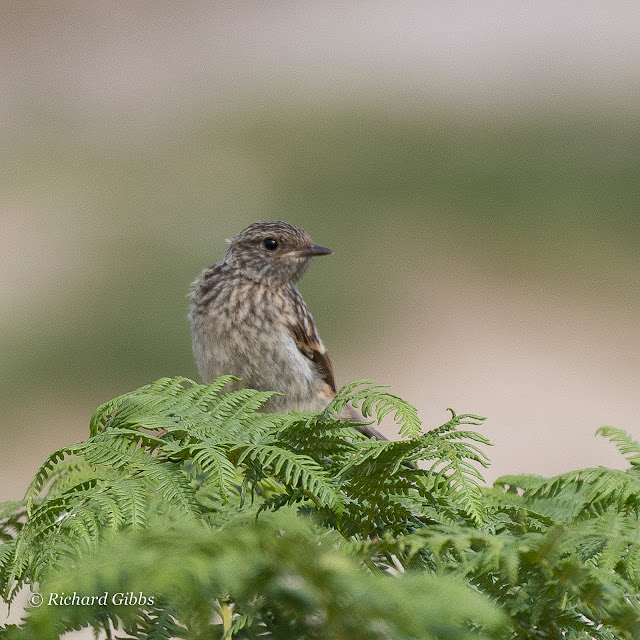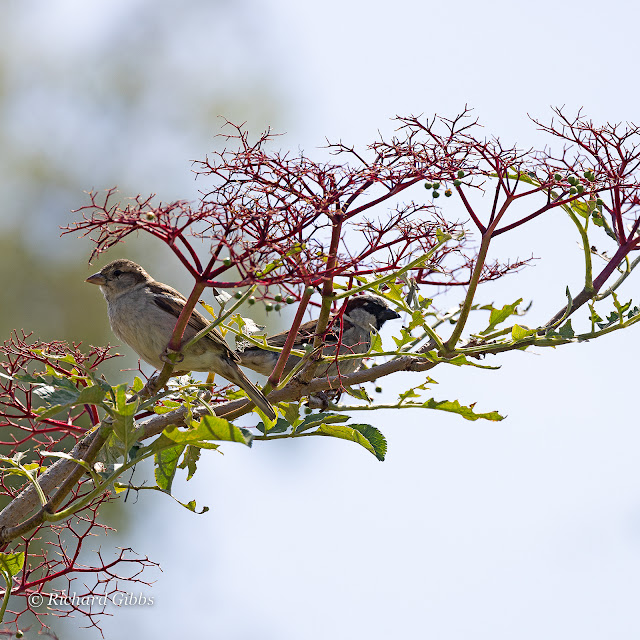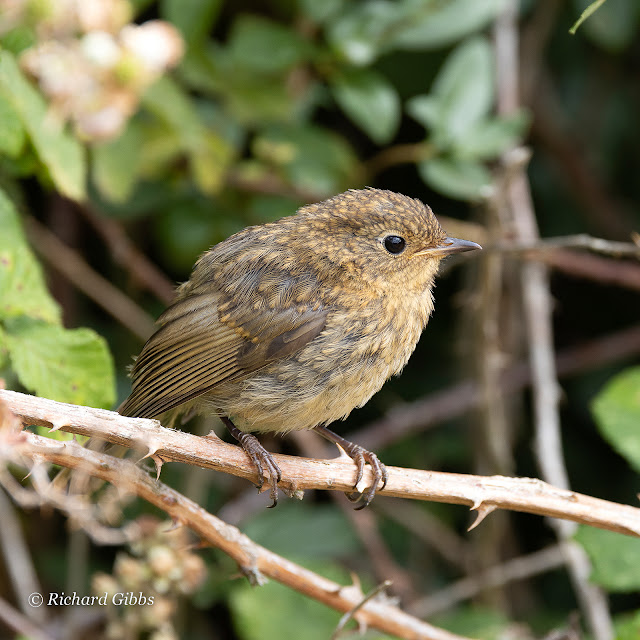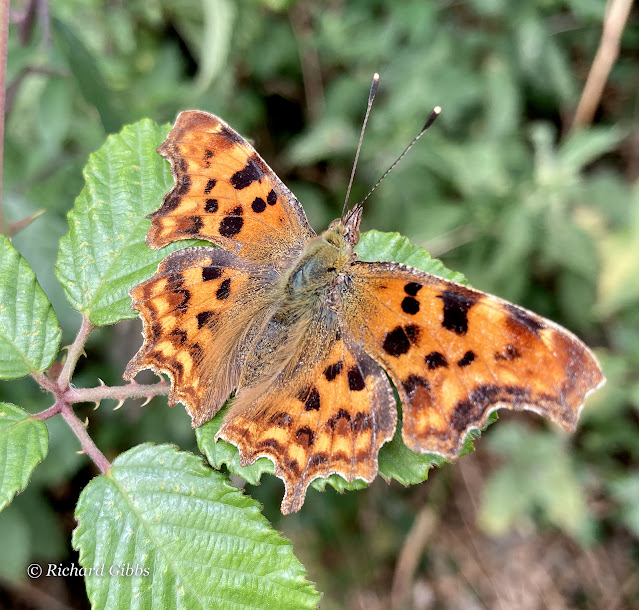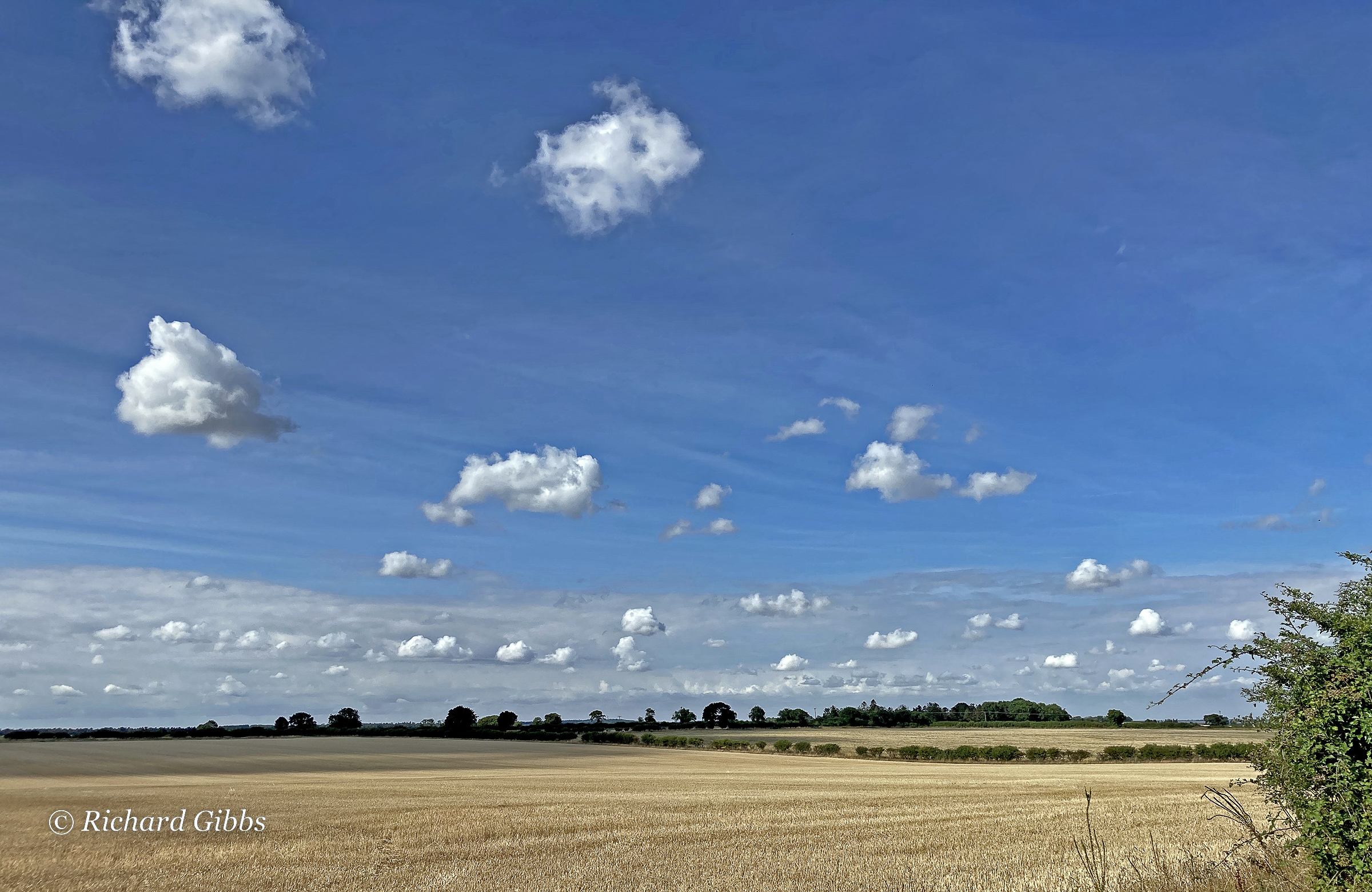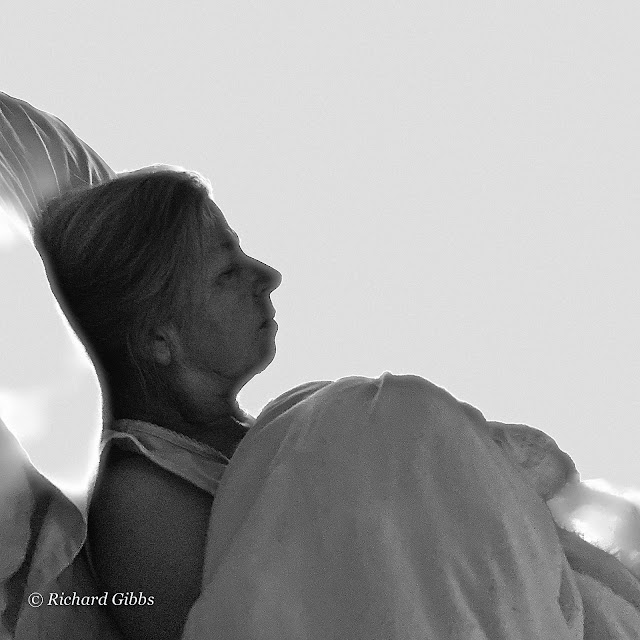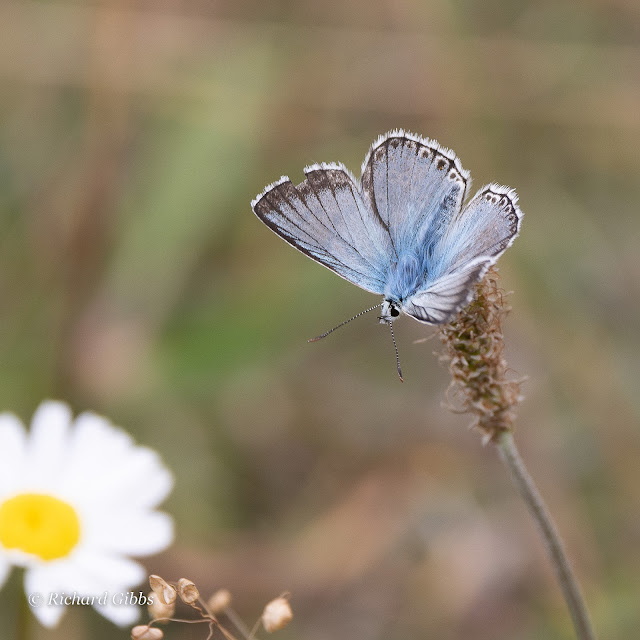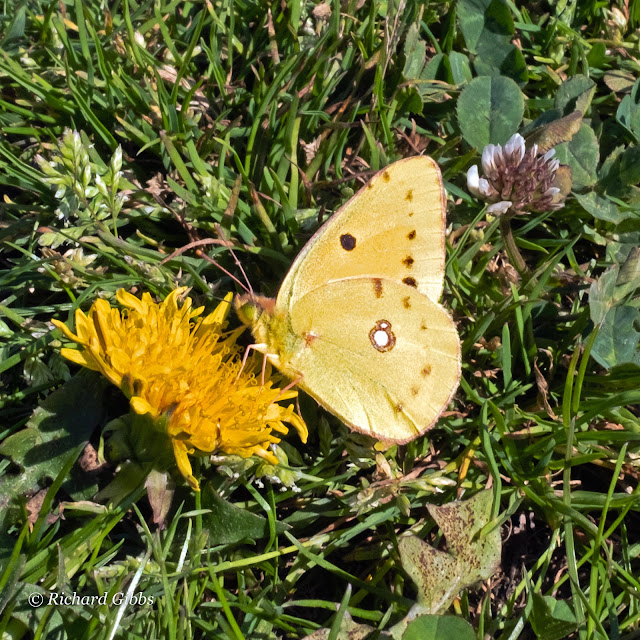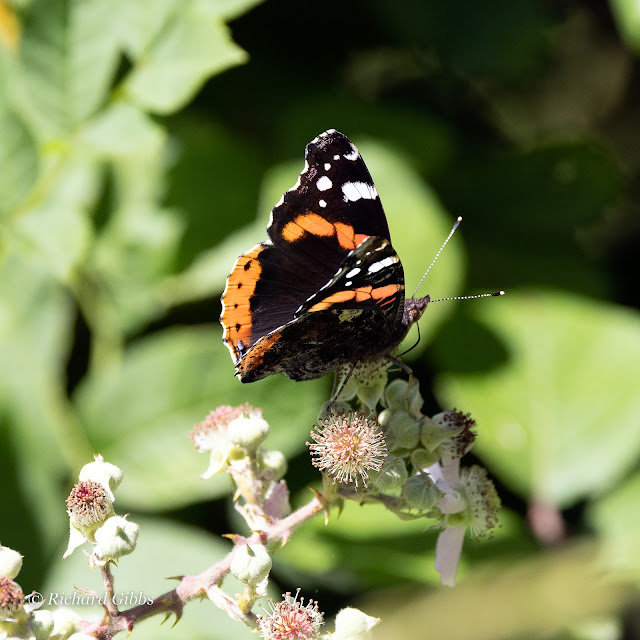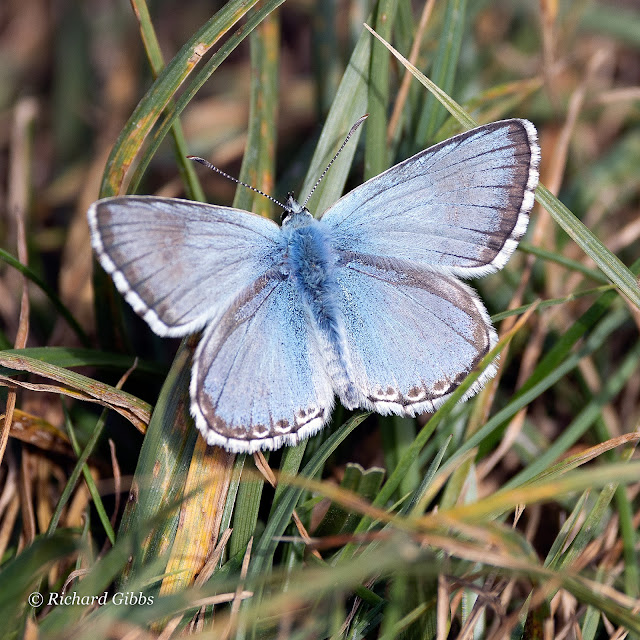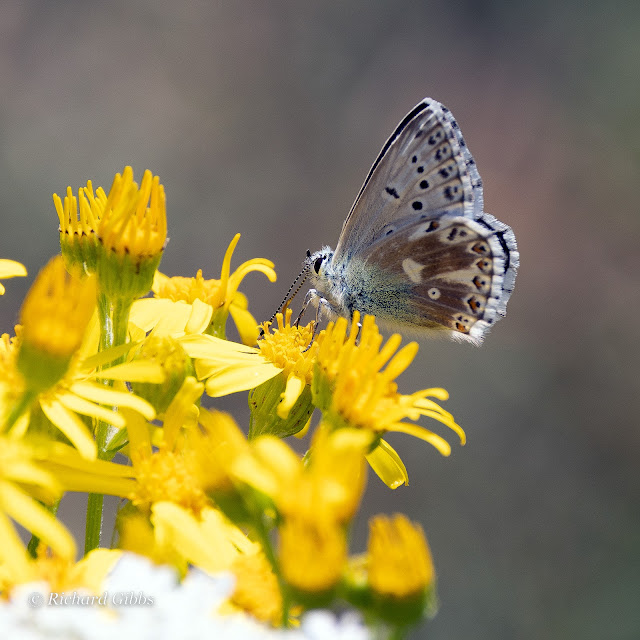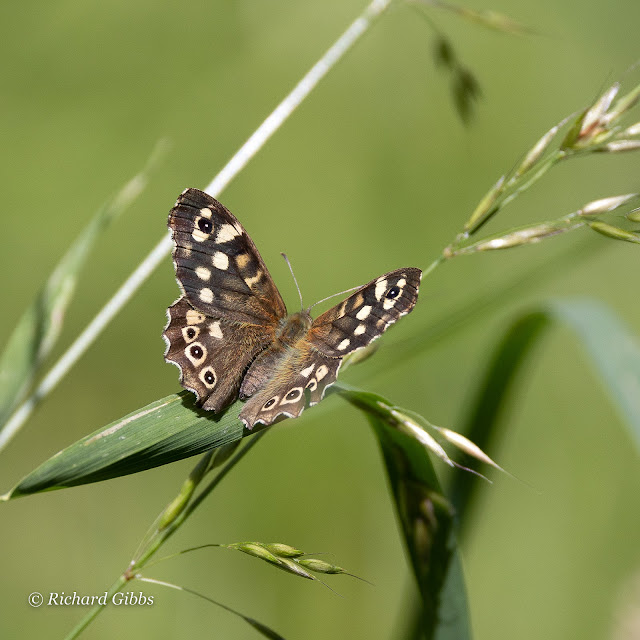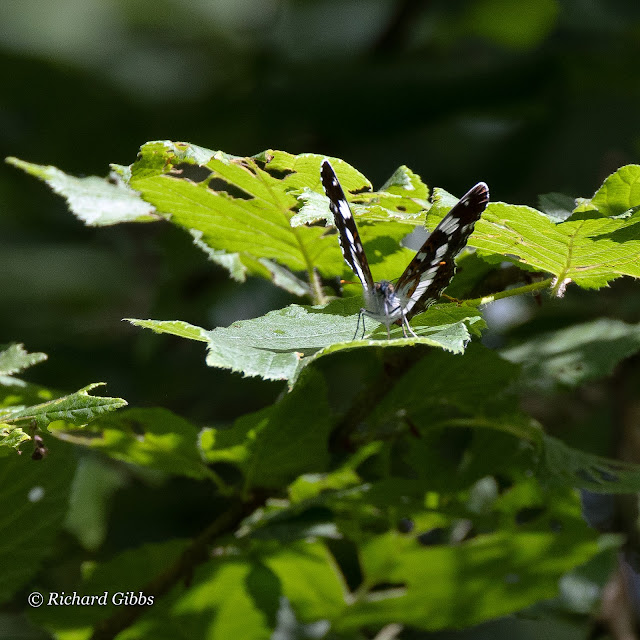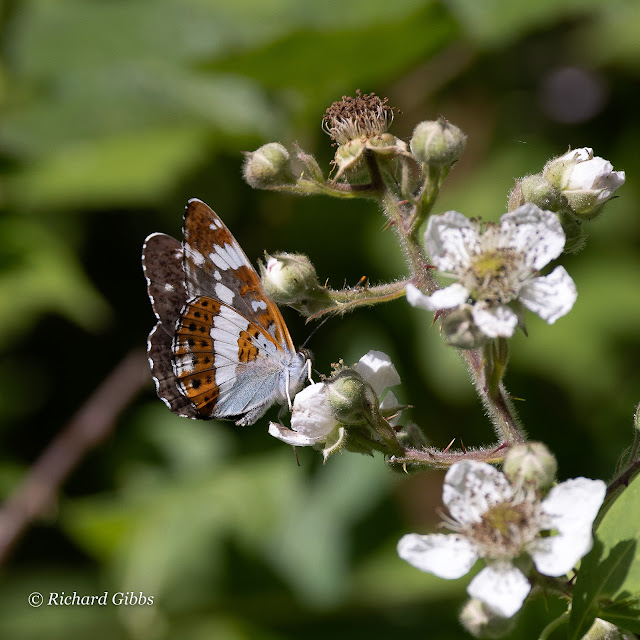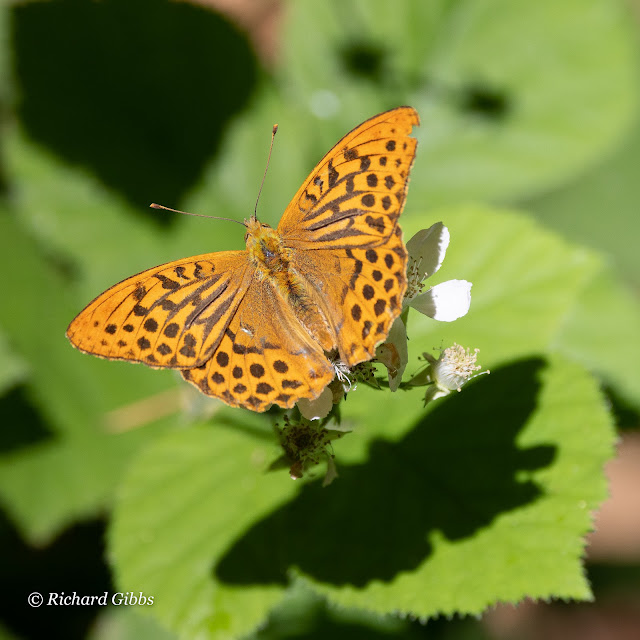Sajid Javid MP,
Secretary of State for Health and Social Care,
House of Commons,
London,
SW1A OAA
30 June 2022
Dear Mr Javid,
I am writing to you concerning an issue which is adversely affecting my wife’s (and indirectly my) health. In advance I apologise for the length of this, but I feel it necessary to present you with the full story, partly because we will not be alone in this.
My wife, Amanda, who is now 68 years old, was diagnosed with dementia over ten years ago. Initially the diagnosis was early onset Alzheimer’s disease, and she was prescribed Donepezil for a year. I was not convinced by this diagnosis, however, and so, after extensive further testing, a brain scan, and the involvement of a neurologist, the diagnosis was corrected to Frontotemporal Dementia (Semantic Variant) a rare form of dementia which has an approximate life expectancy of twice that of Alzheimer’s, and for which there is no cure nor officially authorised medication.
For several years she has been seen by Professor Jonathan Schott, Professor of Neurology at the Dementia Research Centre, UCL Institute of Neurology and Honorary consultant neurologist at the National Hospital for Neurology and Neurosurgery, Queen Square. Professor Schott has maintained contact with me as Amanda’s husband and principal carer (with LPA) over the years, though Amanda is no longer capable of attending his clinic nor of understanding nor communicating as the disease has robbed her entirely of speech.

For the record we moved from Hertfordshire to Norfolk in January 2021, partly to give us more space to accommodate our daughters and other carers who may need to stay overnight. Since the move Amanda’s condition has deteriorated (for example she is now entirely dependent on myself or carers for everything, from washing and dressing - she is doubly incontinent - to eating and drinking and going out for walks). Since that move, we have had involvement from our new GP surgery, as well as Older Peoples Memory Assessment Team at Chatterton House, Adult Community Mental Health Service West and South Norfolk, who, in February 2021, recommended trialling Memantine Hydrochloride, which she now takes at 20mg a day, which may have helped keep her calmer as she was very disturbed by our move. We have also had help from Adult Social Services, and have been visited by NHS Occupational Therapists who have provided some devices which help with Amanda’s security in the house.
However, and, after that preamble, this is the heart of the matter, Amanda has developed a tendency to get up and walk about at night, taking a risk in going downstairs as many as six times a night. Generally, I am able to help her and to give her a drink of water and take her to the toilet, but on occasions she has fallen out of bed, or on the stairs, and quite often she gets stuck at the top of the stairs if I am not there. Sleep disturbance is common among people with dementia and the impact for patients and their families is significant, and there are no easy solutions.
The effect of this is that she is not getting enough rest, but this is also having a negative effect on my ability to care for her.
In order to calm her and to help her settle at night, she was prescribed Risperidone (0.25 mg), an antipsychotic which is used to treat Schizophrenia, Mania, and aggression in people with Alzheimer’s dementia.
As an additional attempt to get her to sleep better she was prescribed Melatonin (Mylan) 2 mg prolonged-release tablets. The active ingredient of these tablets is melatonin which belongs to a natural group of hormones produced by the body. This hormone synchronizes the body’s biological day-and-night rhythm. Although Amanda would still wake during the night (usually either because of incontinence or because of thirst) the effect of this prescription seemed entirely positive with no noticeable side effects.
However, when I requested a renewed prescription, this was denied, apparently because it should only be prescribed in hospitals(?) I questioned this but was told that there is some controlling body within the NHS, possibly within Norfolk, which will not allow the prescription of Melatonin by GP practices.
The result of this was that the only viable alternative was deemed to be the Z drugs, such as Zolpidem and Zopiclone. And so, we started to give her one or two Zopiclone 3.75 mg tablets at night. This is a hypnotic or sleeping tablet. What I did not know was that this drug should not be taken with antipsychotics such as Risperidone, one of the recognised side effects of which is signs of a stroke, such as a sudden weakness or numbness in the face, arms or legs, especially on one side. Amanda did indeed appear to be affected in this way (though she cannot articulate her feelings) and one morning in May I had to call an ambulance as I feared she might have had a stroke. After discussions with various medical professionals on that occasion we agreed to stop giving her Risperidone and she recovered from that incident. In the meantime, it seemed that after a few days of taking Zopiclone it may have accumulated in her body, and the recognised side-effects of reduced alertness, dizziness, confusion, loss of co-ordination, muscle weakness, restlessness, accompanied by several incidents in which she fell, all appeared to be present (though again there is no way of consulting Amanda about her feelings as she is incapable of communication).
We have stopped the Risperidone. We have since stopped Zopiclone. We are not allowed to have a prescription for Melatonin. And apparently there are no other viable alternatives.
So, what I am writing to you about is to enquire as to why we cannot have Melatonin on the NHS? It is available over the counter in the United States and Australia, and it is available online in this country. Melatonin is a naturally occurring hormone produced by the pineal gland and is structurally related to serotonin. Physiologically, melatonin secretion increases soon after the onset of darkness, peaks at 2-4 am and diminishes during the second half of the night. Melatonin is associated with the control of circadian rhythms and entrainment to the light-dark cycle. It is also associated with a hypnotic effect and increased propensity for sleep.
However, I note that there has been a case in the Court of Appeal concerning the production of Melatonin, as a company called Neurim Pharmaceuticals is the registered proprietor of EP 1 441 702 (the Patent), which expires on 12 August 2022. Could it possibly be that the NHS is caught up in the business affairs of Mylan and Neurim, and that as a result my wife and many others are being denied a relatively harmless pharmaceutical product?

I appreciate that even if Melatonin were to be prescribed for Amanda, it may not be suitable for long-term use, and I also know that it is not a magic bullet which will enable me to sleep undisturbed throughout every night. But Amanda is dying and I am endeavouring to keep her in her home for as long as I can protect and care for her. Strong sleeping pills known as ‘Z-drugs’ are linked with an increased risk of falls, fractures and stroke among people with dementia – according to research from the University of East Anglia, involving the University of Exeter. Prof Chris Fox, from UEA’s Norwich Medical School, said: As many as 90 per cent of people with dementia suffer sleep disturbances and it has a big impact on their mental and physical health, as well as that of their carers. To date there are no proven effective treatments available, however people with dementia are often prescribed Z-drugs (zopiclone, zaleplon, and zolpidem). But a new study reveals that stronger doses of these drugs are linked with an increased risk of adverse effects.
And, as described above, Risperidone is not the answer either.
So, please could you look into this issue? Perhaps with the expiry of Neurim’s patent in August other companies will be able to produce melatonin tablets at reduced costs and perhaps then GPs will be able to prescribe it, or perhaps even it will become available over the counter in Pharmacies? It would be good to have a little light thrown on this and to feel that the miserable world of sufferers from dementia and their families and carers is not being ignored or made more difficult by business concerns.
Thank you for your attention,
Yours sincerely,
Richard Gibbs
cc: James Wild MP, Professor Jonathan Schott, Heacham Group Practice, Chatterton House




